Relapse often occurs in people with a history of addiction, and it’s important to understand that relapse from drugs or alcohol is not a sign of failure but can be treated by making adjustments to an existing treatment plan or through tailored addiction treatment programs like Ambience Recovery.
Our expert therapists provide personalized support to guide you toward healthier coping mechanisms and lasting recovery.
RELAPSE PREVENTION
Relapse is a common challenge in addiction recovery, occurring when an individual returns to substance abuse after a period of abstinence. It’s important to understand that relapse doesn’t signify treatment failure but rather indicates a need for adjusting or reinstating treatment approaches.
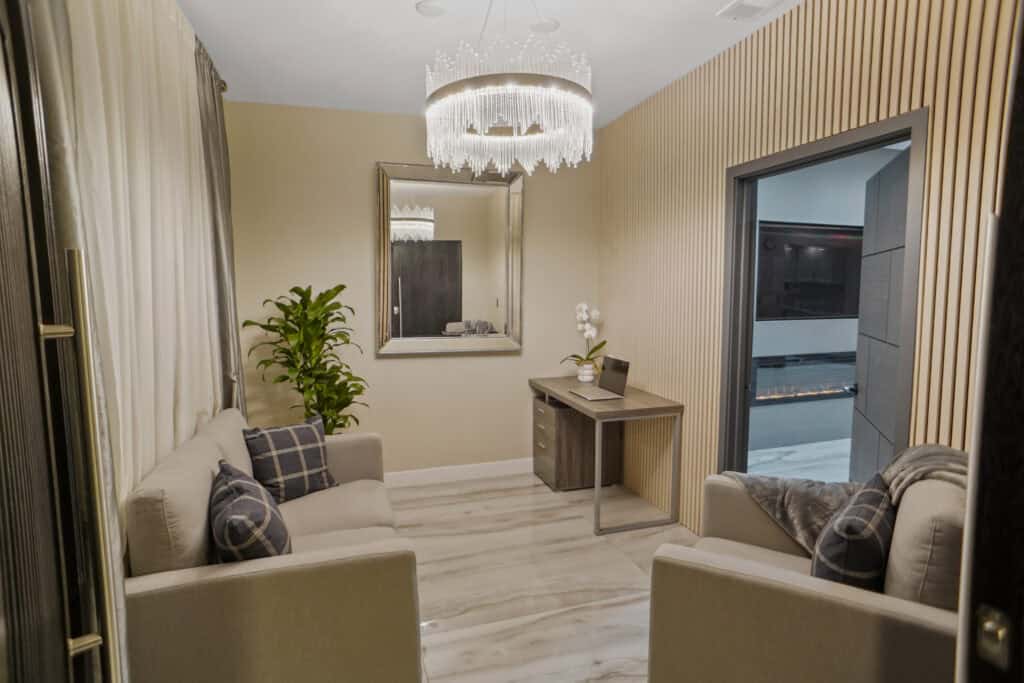
Addiction is a long-term illness that involves compulsive drug or alcohol use despite the negative effects it has on the user. Current research indicates that more than 20 million people in the United States of America who are 12 years and above have substance use disorders. Relapse, which is the return to substance use after a period of abstinence, is a common feature of addiction because addiction is a chronic disease. Research shows that 40 to 60 percent of people who have gone through drug or alcohol addiction treatment will relapse, which is similar to rates of other chronic diseases like asthma, hypertension, and diabetes.
Learn strategies to control cravings and avoid relapse.
Develop coping mechanisms to manage stress and anxiety without turning to substances.
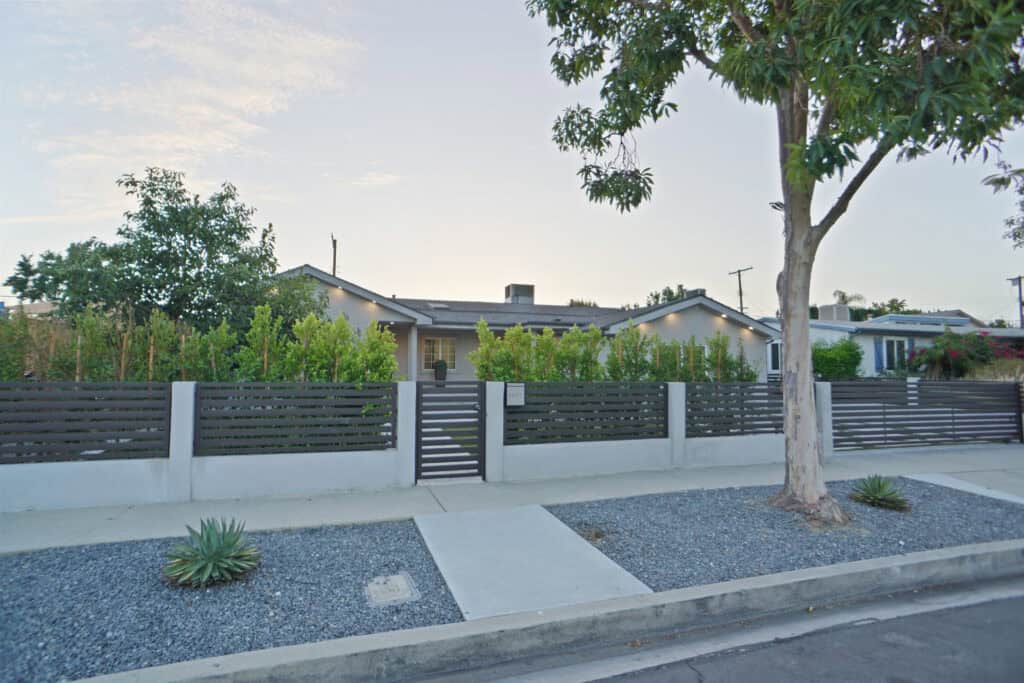
At Ambience Recovery, we understand that every client is different; therefore, our relapse prevention therapy programs are tailored to suit the client. We provide individualized treatment plans that help the patient understand and avoid situations that may lead to relapse, including anxiety, trauma, or physical symptoms of addiction. We use conventional and complementary therapies to ensure our clients get the best services. We assist you in overcoming the difficulties you encounter in the recovery process so that you can develop the coping mechanisms vital for maintaining sobriety and improving your quality of life.
Relapse prevention therapy often incorporates various therapeutic approaches, such as Cognitive Behavioral Therapy (CBT) to help individuals identify and modify negative thought patterns that contribute to relapse. Regular participation in scheduled therapy and counseling sessions is essential for ongoing support, while family therapy can play a crucial role in improving communication and strengthening support systems, enhancing recovery outcomes.
At Ambience Recovery, we work with each person to identify the best strategies for preventing relapse that are most appropriate for him or her. This is because different people have different triggers, risk factors, severity of addiction, other mental health disorders, environmental factors, and motivation and support systems. Thus, we are able to develop a well-coordinated approach that will help to enhance the recovery process and minimize the chances of relapse.
A continuing care model for relapse treatment is based on the understanding that treatment should be modified or resumed when a patient relapses, with the understanding that longer periods in a focused treatment can be much more effective. Holistic treatment plans focus on the mental and the medical side of the disease by providing patients with medication to cope with cravings and maintain sobriety.
Take the first step toward a healthier, addiction-free life at Ambience Recovery. Contact us today to begin your personalized treatment plan and start your recovery journey.
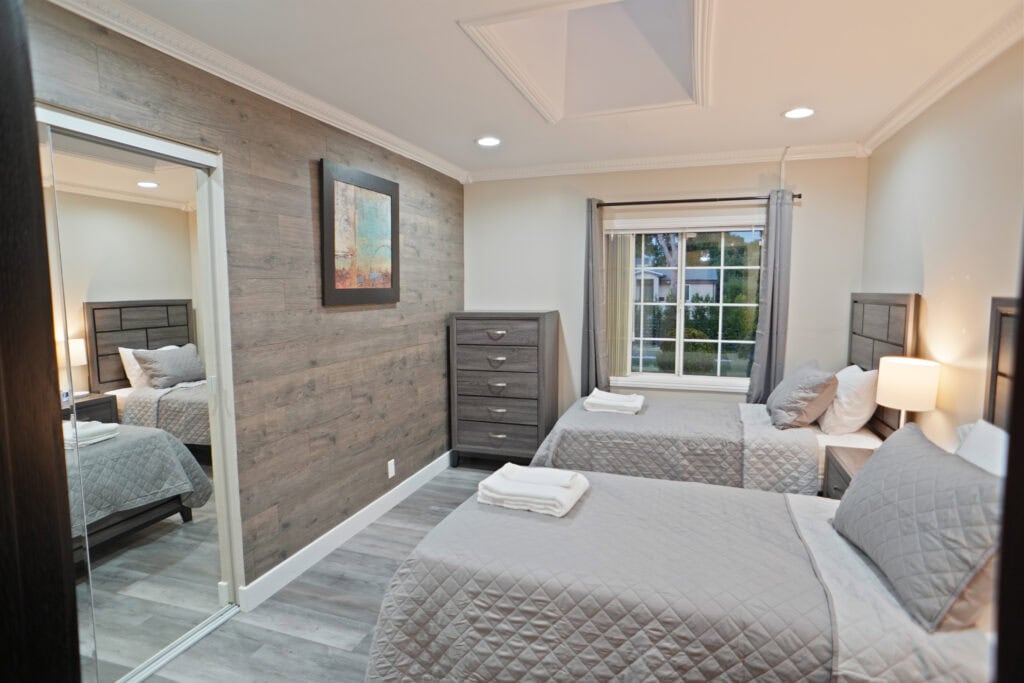
RELAPSE PREVENTION
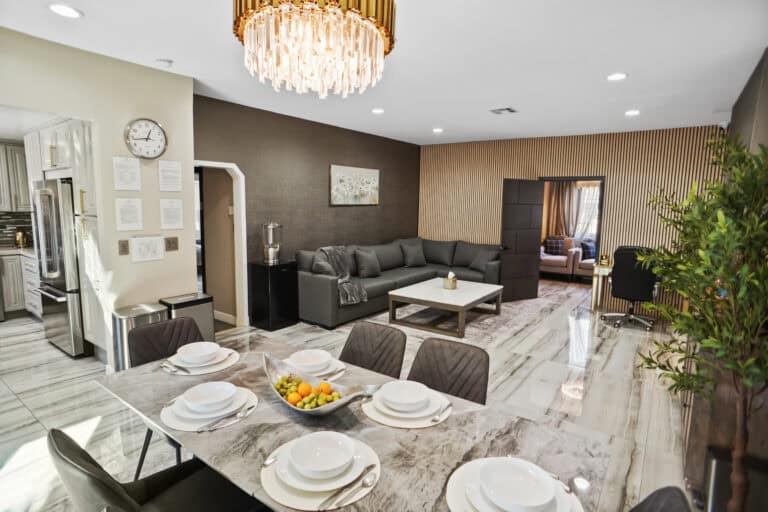
Experience compassionate care and personalized treatment in the comfort of our luxury facility at Ambience Recovery. Begin your journey to lasting recovery in a serene, supportive environment today.
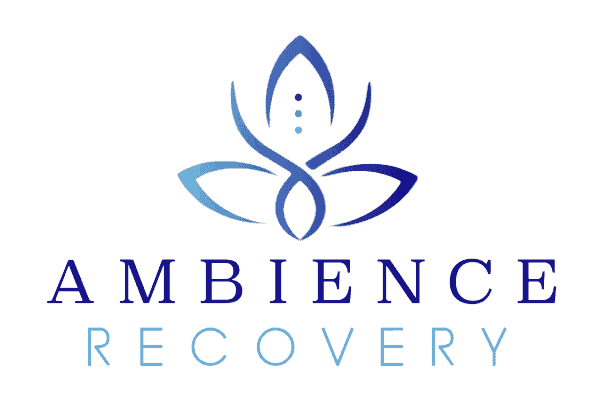
Located in North Hollywood, California, Ambience Recovery offers a personalized, compassionate approach to addiction recovery. Our team of experienced professionals is dedicated to helping individuals find lasting freedom from substance abuse in a serene, home-like environment.
© 2026 All Rights Reserved.